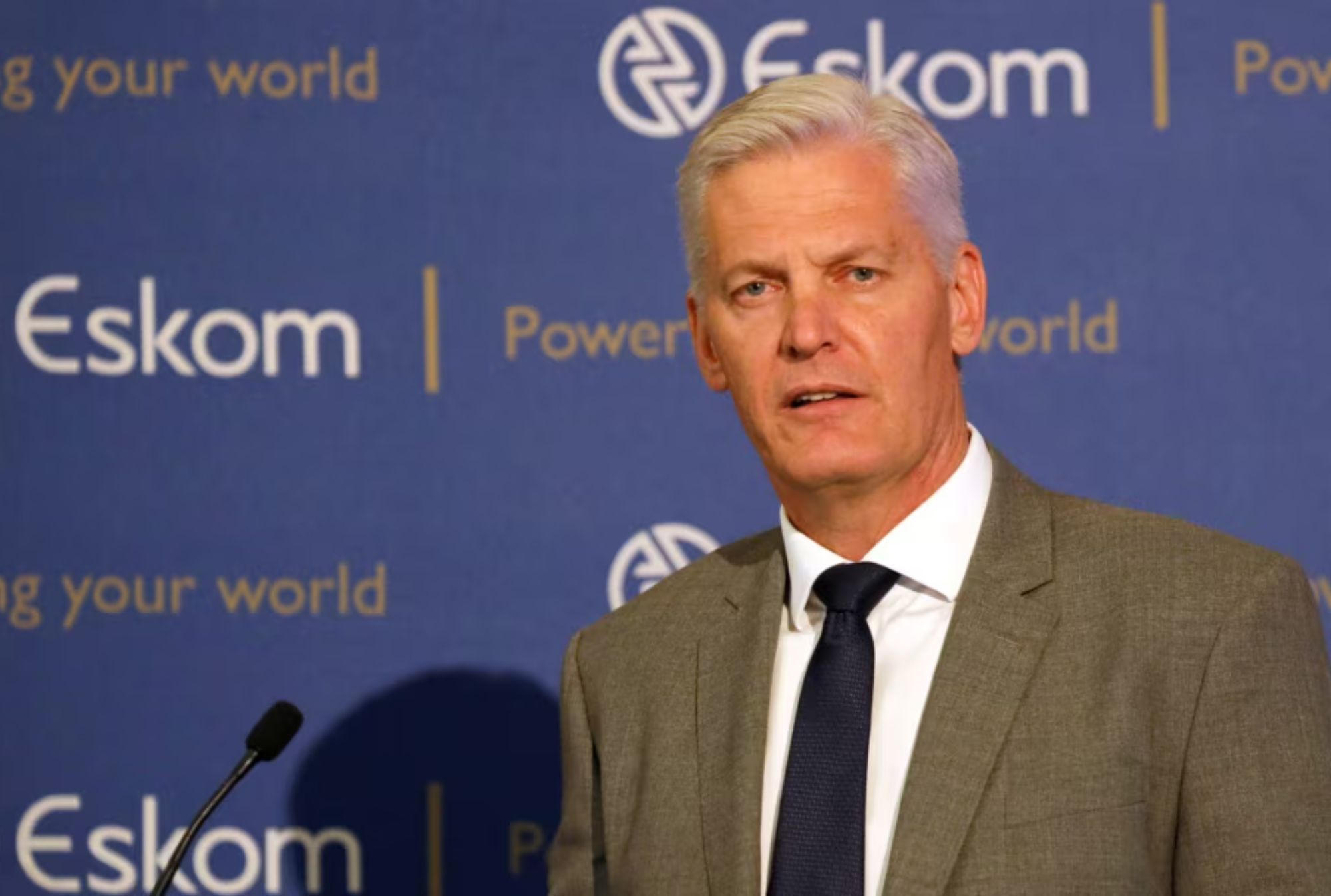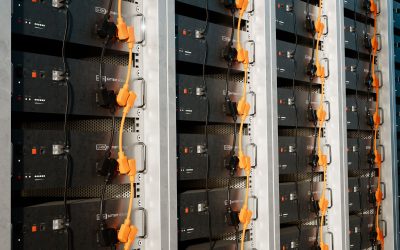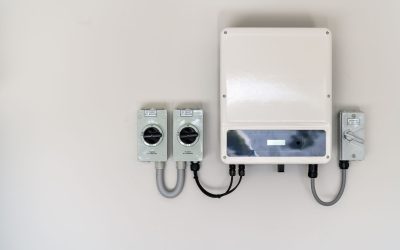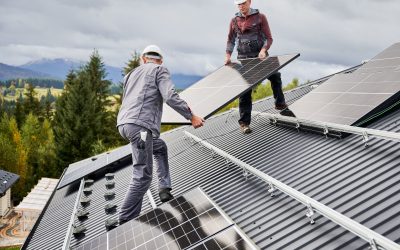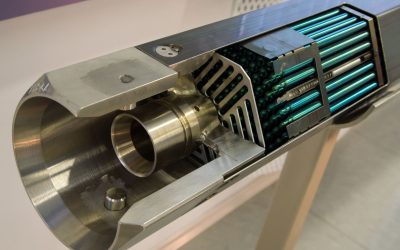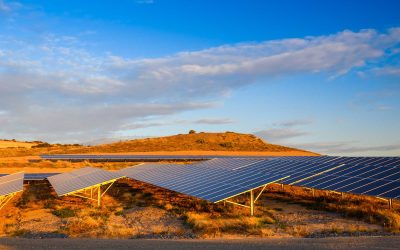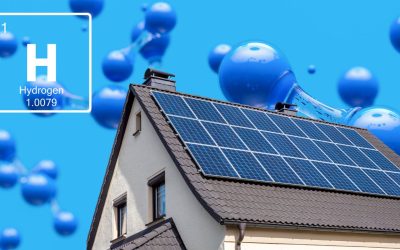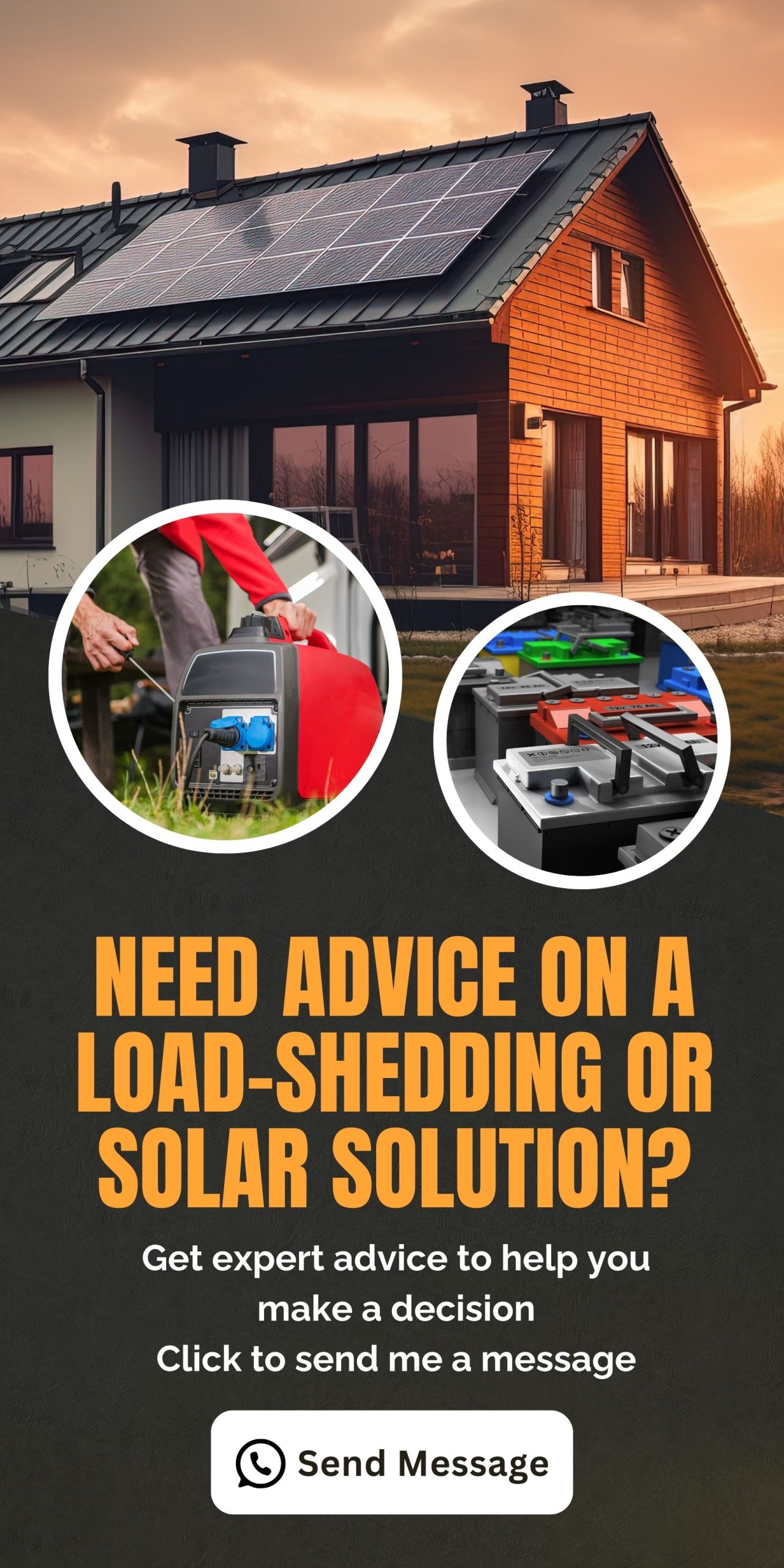In two recent articles, Mybroadband stated that a recent amendment to the Electricity Regulation Act (ERA) would bring about the end of “Eskom’s 100 year monopoly”. What they missed is that Eskom’s monopoly ended in 2008.
As described in the first article, the amendment to the ERA allows for a competitive electricity market where Eskom will be one of many players. It establishes the Transmission Systems Operator (TSO), which will manage the national grid, balance supply and demand, and facilitate an open electricity market. “Former Eskom CEO André de Ruyter said the private sector will largely take over electricity generation from Eskom in future.” He’s right, but it has already started.
The second article states that the amendment will introduce an open market for electricity trading. Large customers will be allowed to purchase power directly from independent power producers (IPPs) through wheeling agreements. IPPs can feed power into the grid, have a power purchase agreement with an off-taker, and Eskom will credit the off-taker for the electricity that the IPP has fed into the grid.
Wheeling allows for better pricing and sourcing of green energy.
This is not new. Eskom has allowed independent power producers to wheel power to customers since 2008. Eskom charges the IPP a “Use of System” charge for using the grid to deliver power to the off-taker. They also charge an admin fee for the account credits and reconciliations that they do.
Two things have changed since 2008 that have made wheeling more prevalent and cost-competitive. Firstly, you no longer need a generating license to sell power. Secondly, generating power from wind and solar have become really cheap, per unit of electricity (kWh). Far cheaper even than generating power from coal and nuclear.
The amendment to the ERA will make the electricity market administratively more efficient. But the market has been an open market since 2008.

